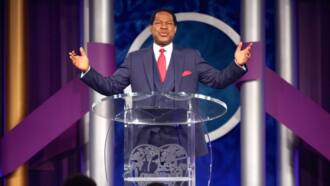History of how Christianity came to Nigeria
Taking into account how widespread and important Christianity is in the modern Nigerian society, it is interesting to look back and learn about how it first came into the country. Join us as we talk about the history of how Christianity came into Nigeria centuries ago. You might be surprised by what history has in store.
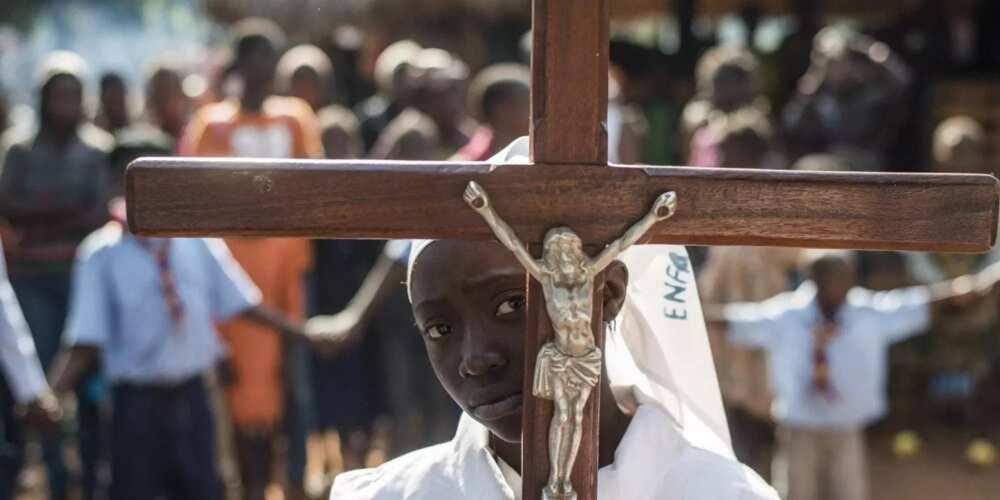
The coming of Christianity in Nigeria
When one begins to look at the history of Christianity in Nigeria, one might expect to find its origins in Europeans bringing this new religion across to Africa. The first Christians came in contact with Nigerians in the fifteenth century, when Roman Catholicism was introduced by the Portuguese.
That said, their efforts were not all that successful at the time. For instance, when Portugal’s Henry the Navigator tried to carry out his exploration with three Gs in mind (those being God, Gold and Glory), he was mostly met with indifference. The local kings cared more about the guns he could offer them rather than the tales of his Christianity.
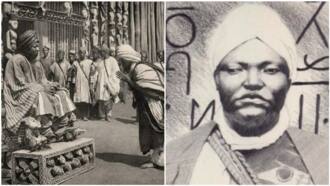
Read also
This was the man who developed African writing system which the colonial masters destroyed (photos)
A few decades later, other Portuguese missionaries tried to turn the people from Kingdom of Benin and Itsekiri Kingdom to Christianity. Their mission to the Kingdom of Benin was not very fruitful, as, once again, the king was not all that interested in a new religion. On the other hand, the mission to Itsekiri Kingdom proved to be more successful.
The first person the missionaries of the 16th century managed to convert in the Itsekiri Kingdom was the son of the Olu of Warri. They baptised him and gave him a Christian name Sebastian. He later went on to become an Olu himself and proved to be a devout Christian. The missionaries, however, did not leave long enough to tell the tale, as most of them were struck down by malaria.
The reactions of locals to Christianity in Nigeria
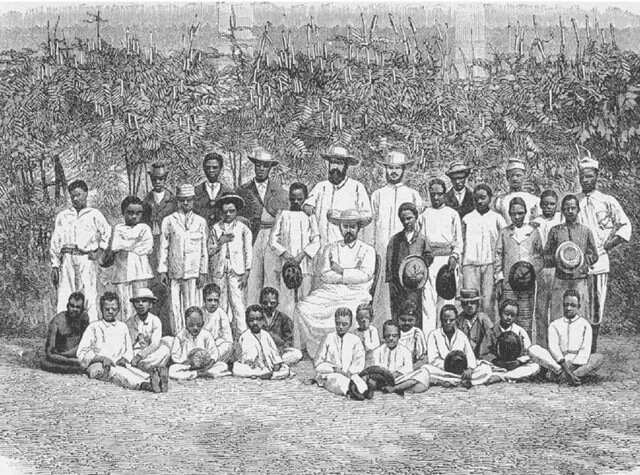
What early mission minded workers failed to comprehend were the problems, which were bound to arise out of Africans hearing and accepting this new religion. These workers often came with little or no education beyond religious instruction. They came without an accurate sense of what they would encounter in Nigeria.
Missionaries hoped that their dedicated hearts would be enough to convert the people of Africa. What they did not take into consideration were the already established religious traditions, which were so heavily engraved within the society of Africa.
This new religion of Christianity began by trying to control its converts. This meant that Europeans and Americans were seen as ruling Africans both in political and ecclesiastical matters. What began happening was that if the Africans did rebel against this control, they would simply be excommunicated.
As a result of this, many African converts to Christianity began forming their own churches and breaking away from the European churches. Of course, not all Nigerians rejected Christianity and mission work, as can be seen by the large number of converts.
One of the reasons why most of the missionary attempts failed in Nigeria was because of the way missionaries presented Christianity. The way they communicated it to the people in Nigeria made Christianity seem like something that was confined to the church walls. They made it look like people had to worship some god only twice a week by singing some weird hymns with no rhythm.
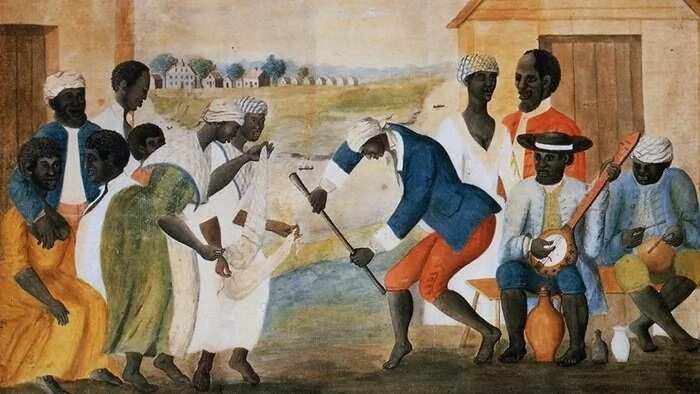
READ ALSO: Major types of religion in Nigeria
For Nigerians, as well as other people in Africa, this felt very alien. For them, religion was something ingrained in their lives. They were used to their own ways of praising their own gods, so they did not feel like they could express themselves in Christianity as they could with their traditional religions.
Another big reason why it took so long for Christianity to take hold in the hearts of Nigerians was the way the missionaries treated the traditional religions. At best, they simply disregarded them as something lesser. At worst, they destroyed anything the African people held holy, alienating them even further.
Further Christianity in Nigeria history
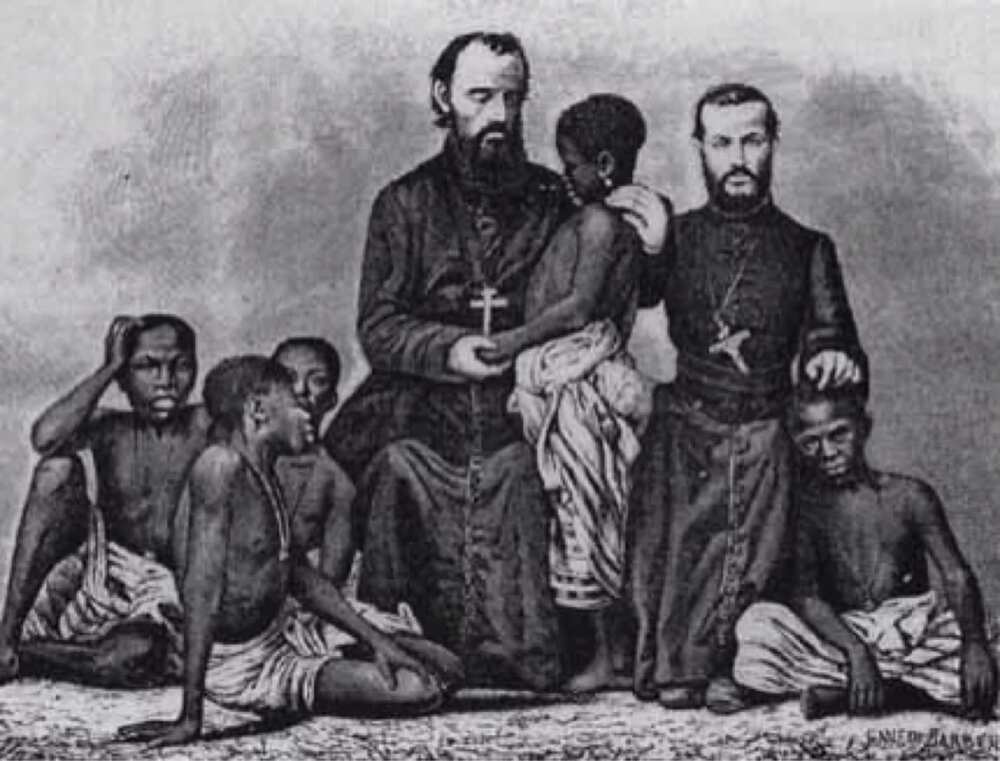
Although there were attempts made to bring European Christianity into the western part of Africa in the 15th and 16th centuries, the real success of the "modern expansion" began with freed Christian slaves who began to return to western Africa towards the end of the eighteenth century.
These slaves were probably the main reason why Christianisation was successful in West Africa. They were not some strangers from the foreign land that preached their own gospel. These were the native people of West Africa that returned to their homes bearing the knowledge of God and gospel.
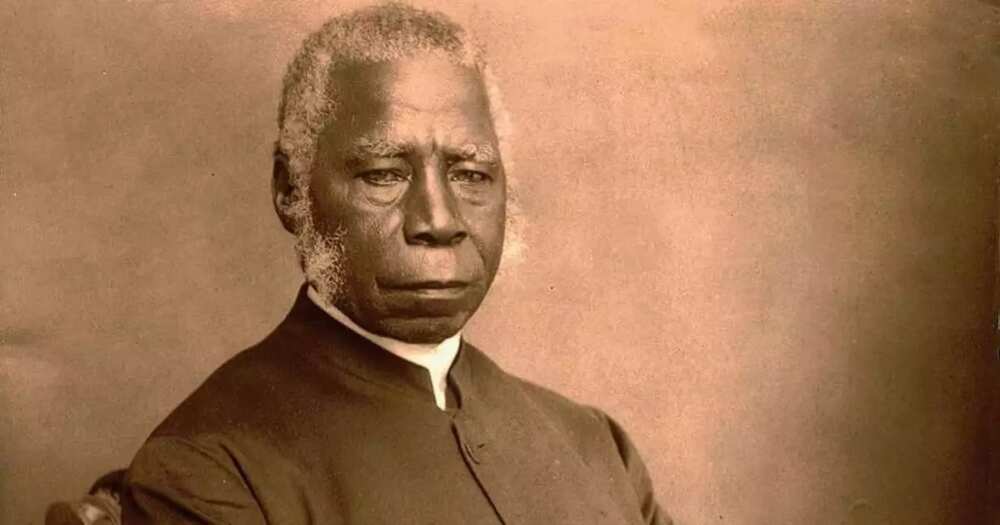
One of the most prominent people that were largely responsible for the Christianisation of Nigeria is Samuel Ajiya Crowther, a former slave of Yoruba origin. In 1964, he became the first black Bishop of the Anglican Communion. Until his last day on this Earth, he worked hard to bring God to Nigerians.
By the middle of the nineteenth century, Africans had begun to follow the ideas of Christianity. These followers were found "along the coast from Sierra Leone to Nigeria". Europe and the United States became increasingly interested in the continent of Africa. It was seen as a vast open world whose people needed to hear the gospel of Christianity.
With their ideas and dreams that were larger than life, Christian missionaries began coming to Africa. What they brought with them was denomination. Pretty much every denomination has made its way into Africa. According to various researchers, denominationalism is one of the worst divisive elements in modern Africa.
All the different denominations fought each other, trying to convert more people than their ‘rivals’. This was the reason why many people across Africa found themselves involved in various conflicts because of the differences in their religious views.
Nevertheless, over the next few centuries, Christianity found its rightful place in Nigeria, albeit with some added regional differences. However, that is a story for another time. We hope you have learnt some history in our brief history of Christianity in Nigeria in its early days.
READ ALSO: Colonialism in Nigeria: positive and negative impacts
Source: Legit.ng


